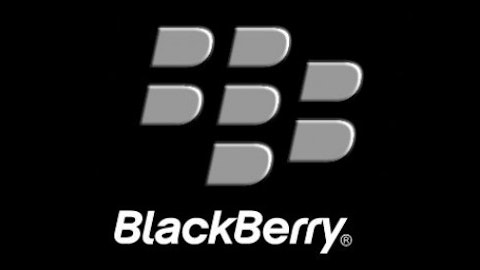As the World Bank is realizing, the African middle class is taking shape rather robustly. The Deloitte paper on the African Development Bank report 2011 sharply contends that the African middle class grew from 111 million or 26% of the continents population in 1980, to 196 million in 2000 and a further 313 million in 2010. This equates to 34.3% of the population.
The African market as part of the greater developing world emerging market is a potential frontier which all technology providers ought to strategize for in their outreach blueprints.

Sadly while East Asian companies are realizing this, Research In Motion Ltd (NASDAQ:BBRY) and Apple Inc. (NASDAQ:AAPL) are turning strategies at paces slower than evolution.
Already, mobile phone penetration has in the last decade increased astronomically, yet the market isn’t nearly as saturated with smart phones as the American and European markets already are. In Africa mobile phones are not a chic indulgence but a necessity. Without the luxuries of fixed land lines, cellular phones offer the only option to telephony and cross communication. While in the US and Europe manufacturers have to make a product chic enough for the preponderance to identify with, in Africa convincing takes a slightly easier dynamic.
Apple Inc. (NASDAQ:AAPL) may hate to but they need to look into former partner Samsung Electronics Co., Ltd. (KRX:005930) and borrow a page from the South Koreans. Samsung Electronics Co., Ltd. (KRX:005930), which was once Apple Inc. (NASDAQ:AAPL)’s largest phone parts manufacturer and supplier, currently enjoys an unprecedented market share in Africa’s smart-phone market share.
Although Nokia Corporation (ADR) (NYSE:NOK) controls 48% of the African handset market, a huge bulk of it comes from its feature phones. Samsung Electronics Co., Ltd. (KRX:005930) is literally wrestling the African handset market from Nokia Corporation (ADR) (NYSE:NOK); in the process roping in Nokia Corporation (ADR) (NYSE:NOK) feature phone users into its popular Galaxy line. Research In Motion Ltd (NASDAQ:BBRY) on other hand is making significant inroads. Recently compiled statistics show that Research In Motion Ltd (NASDAQ:BBRY) commanded 10.2% of the African handset market in the quarter ended March 2013, increasing from 4.34% beginning of the year. Considering all Research In Motion Ltd (NASDAQ:BBRY) phones are categorized as smart phones, BlackBerry’s uptrend in Africa should be cause for alarm for Samsung.
Samsung took on Nokia, what can Research In Motion Ltd (NASDAQ:BBRY) BlackBerry do?
Take advantage. Snob appeal is not sustainable. This strategy is as preposterous and unrealistic as colored TV in every household probably seemed in the sixties. This simplistic mono-spatial view of market trends is already costing Apple clients by plethoric proportions. Even the staunchest of Apple Inc. (NASDAQ:AAPL) zealots are seemingly opening up to other fairly cheaper alternatives.
The ‘thermonuclear’ war which founder Steve Jobs vowed to advance is apparently benefitting the South Korean company dramatically as their partnership with Google Inc (NASDAQ:GOOG) soars.
In Africa, snob appeal matters precious little as part of the demographic who would buy a new Apple Inc. (NASDAQ:AAPL) brand simply for the stylish features are too inconsequential to bother appealing to. This strategy is quaint and effectively means all present day Apple Inc. (NASDAQ:AAPL) sales and stock prices will forever be squarely tied on the beauty and trendiness of its most recent product. Of late there’s been nothing appealing about the iPhones.


